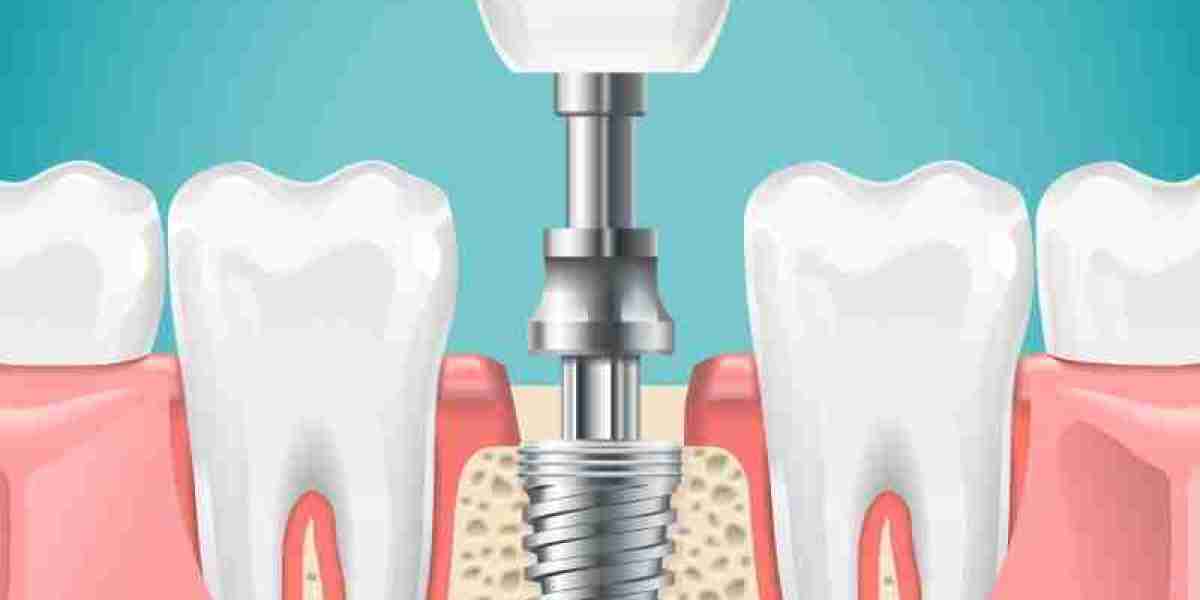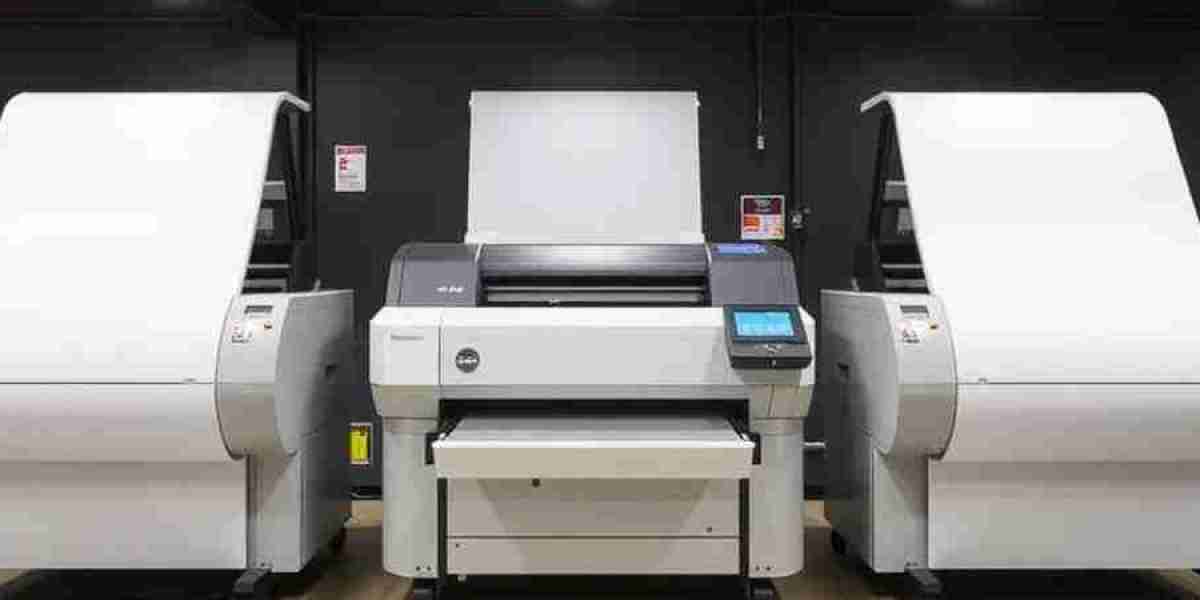Dental implants are a popular and reliable solution for replacing missing teeth, offering natural-looking and durable results. As people age, they often wonder if it’s too late to get dental implants, especially seniors who may face additional health challenges. The good news is that dental implants can be a great option for seniors, as long as they are in good overall health and have sufficient bone structure. This article explores whether Dental implants are a viable choice for seniors and highlights important considerations for the procedure.
The Aging Process and Dental Health:
As we age, our dental health can decline due to factors such as tooth loss, gum disease, and bone density reduction. However, aging doesn’t automatically rule out dental implants as an option.
Tooth loss: Many seniors experience tooth loss due to decay, gum disease, or injury. Dental implants provide a permanent solution to restore function and aesthetics
Bone density: As we age, the jawbone can lose density, making it more challenging for implants to integrate. However, bone grafting procedures can often address this issue
Gum health: Healthy gums are essential for implant success. Seniors with gum disease may need treatment before proceeding with implants
With proper care and treatment, dental implants can still be a great choice for seniors looking to regain their smile and chewing ability.
Is Age a Barrier to Dental Implants?
While age itself is not a barrier to dental implants, certain age-related factors can influence the success of the procedure. As long as seniors are in good overall health, they can benefit from dental implants.
General health considerations: Seniors should be in generally good health before undergoing surgery. Chronic conditions like diabetes or heart disease may need to be managed to ensure a smooth recovery
Medication: Certain medications, such as blood thinners, may need to be adjusted prior to surgery, as they can impact healing
Bone and tissue quality: Seniors may have less bone mass or weaker gum tissue, which can affect the success of the implant. In these cases, additional procedures like bone grafting or sinus lifts may be necessary
Ultimately, the decision to pursue dental implants should be made in consultation with a dentist, who will assess the individual’s health and determine if implants are a suitable option.
The Benefits of Dental Implants for Seniors:
Dental implants offer several benefits for seniors, improving both quality of life and dental health. For those who are healthy enough for the procedure, implants can restore much-needed function and confidence.
Improved chewing ability: Dental implants restore the ability to chew food comfortably and efficiently, which can improve nutrition and overall health
Enhanced speech: Implants prevent the shifting of remaining teeth and help seniors speak more clearly, reducing embarrassment or discomfort caused by missing teeth
Durability and comfort: Unlike dentures, which may slip or require adhesives, implants are permanent and comfortable, offering a more natural feel
Aesthetic benefits: Implants provide a natural, attractive appearance that restores confidence in social and professional settings
Dental implants can significantly enhance the quality of life for seniors, enabling them to enjoy meals, social interactions, and improved self-esteem.
The Dental Implant Process for Seniors:
The dental implant process for seniors is similar to that of younger patients, although there may be additional considerations for overall health and bone density. The procedure typically involves several stages.
Consultation and assessment: During the initial consultation, the dentist will evaluate the patient’s health, bone density, and gum health. X-rays and scans may be taken to determine the best treatment plan
Implant placement: The implant post is surgically placed into the jawbone, followed by a healing period to allow for osseointegration (bone fusion)
Restoration: Once the implant has integrated with the bone, a crown or bridge is placed on top, restoring both function and appearance
For seniors with bone loss, additional procedures such as bone grafting or sinus lifts may be recommended to ensure the implants are securely anchored.
Risks and Considerations for Seniors:
While dental implants are generally safe and effective for seniors, there are some risks and factors to consider before proceeding with the procedure.
Health conditions: Conditions like uncontrolled diabetes, heart disease, or osteoporosis can complicate the implant process. It’s important for seniors to manage their health before undergoing surgery
Healing time: Seniors may experience slower healing times compared to younger individuals, so it’s essential to follow post-surgical care instructions closely
Infection risk: As with any surgical procedure, there is a small risk of infection or implant failure. Ensuring proper oral hygiene and attending follow-up appointments can minimize this risk
By addressing these factors and working closely with a dentist, seniors can greatly improve their chances of a successful implant procedure.
How to Improve the Success of Dental Implants in Seniors?
There are several steps seniors can take to improve the chances of successful Dental implants Treatment. Ensuring proper health management and following post-surgical care instructions is essential for optimal results.
Healthy lifestyle: Eating a balanced diet, staying hydrated, and avoiding smoking can improve healing and the overall success rate of dental implants
Proper oral hygiene: Brushing, flossing, and using an antimicrobial mouthwash will help keep gums and implants healthy, reducing the risk of infection
Follow-up care: Regular visits to the dentist for check-ups and professional cleanings are crucial for maintaining the longevity of dental implants
Manage health conditions: Properly managing any chronic health conditions, such as diabetes or osteoporosis, can enhance the healing process and reduce complications
By following these recommendations, seniors can increase the likelihood of successful dental implant placement and enjoy long-term benefits.
Conclusion:
In conclusion, dental implants can be an excellent option for seniors looking to restore their smile and improve their quality of life. With proper health management and a thorough consultation with a dentist, most seniors can successfully undergo the implant procedure and enjoy the many benefits of this long-term solution. While age-related factors may present some challenges, the vast majority of seniors are candidates for dental implants, provided they are in good health.
Not too late for implants: Age is not a barrier to dental implants, and many seniors can benefit from this procedure
Restored function and confidence: Implants offer improved chewing ability, speech, and self-esteem, significantly enhancing overall quality of life
Long-lasting solution: With proper care, dental implants can last for many years, providing a permanent, functional solution to missing teeth
Seniors can regain their smile and enjoy life to the fullest with dental implants, a safe, effective, and long-lasting option for tooth replacement.




